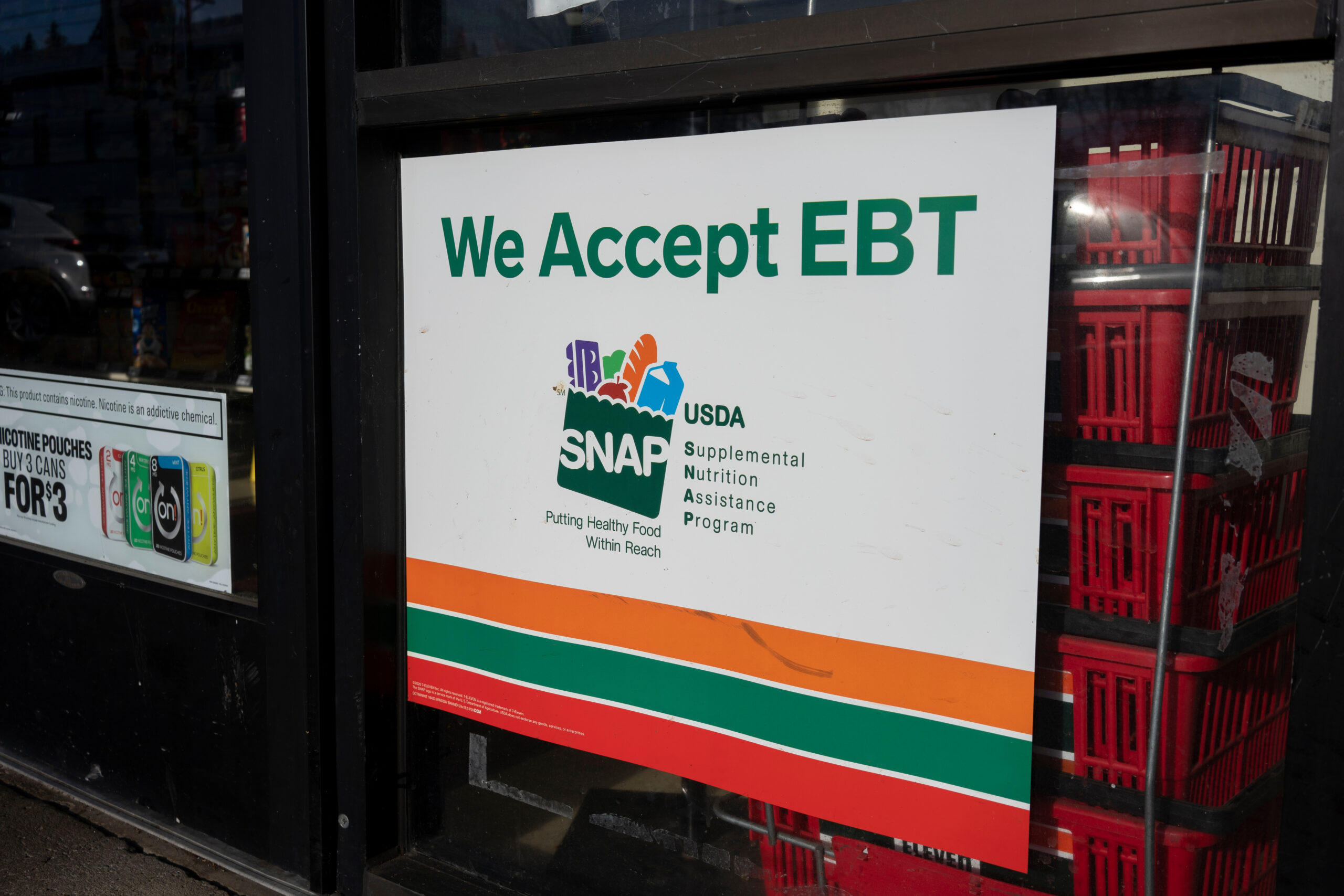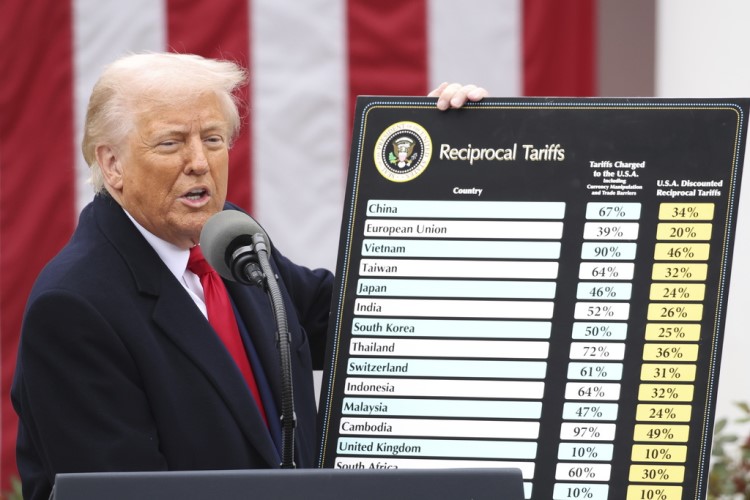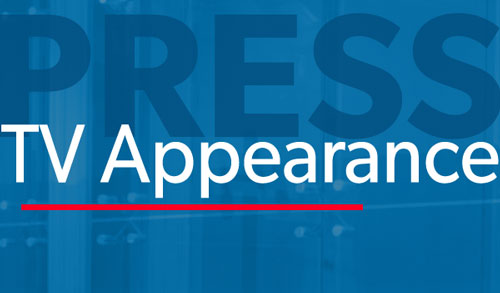Welcome to Our Research Archive
Search and filter by content type, issue area, author, and keyword
- ✕ Clear Filter
- Adam J. White (1)
- Angela Rachidi (65)
- Beth Akers (39)
- Brent Orrell (108)
- Bruce D. Meyer (15)
- Casey B. Mulligan (1)
- Charles Murray (1)
- Daniel A. Cox (11)
- Edward J. Pinto (31)
- Edward L. Glaeser (10)
- Frederick M. Hess (40)
- Greg Wright (1)
- Howard Husock (91)
- Ian Rowe (15)
- James C. Capretta (1)
- James Pethokoukis (21)
- John Bailey (2)
- Joseph Fuller (6)
- Kevin Corinth (77)
- Kyle Pomerleau (9)
- Leslie Ford (6)
- marie cohen (1)
- Mark Schneider (9)
- Mason M. Bishop (2)
- Matt Weidinger (86)
- Matthew Continetti (1)
- Max Eden (3)
- Michael Barone (1)
- Michael Brickman (3)
- Michael Pugh (2)
- Michael R. Strain (36)
- Naomi E. Feldman (1)
- Naomi Schaefer Riley (75)
- Nat Malkus (21)
- Nicholas Eberstadt (5)
- Paul Ryan (3)
- Preston Cooper (41)
- R. Glenn Hubbard (4)
- Ramesh Ponnuru (5)
- Raphael Colard (1)
- Richard Burkhauser (8)
- Richard V. Burkhauser (4)
- Robert Cherry (6)
- Robert Doar (14)
- Robert Pondiscio (18)
- Ross Douthat (2)
- Ryan Streeter (5)
- Sally Satel (2)
- Samuel J. Abrams (7)
- Scott Winship (63)
- Stan Veuger (10)
- Timothy P. Carney (16)
- Tobias Peter (37)
- W. Bradford Wilcox (91)
- Yuval Levin (10)

July 30, 2025
It’s Not Surprising That No-Strings Attached Cash Didn’t Help Kids
A recent study put to the test an idea that has become increasingly influential over the past decade: To help kids thrive, one of the best things you can do is to give their parents cash with no strings attached. This idea was the impetus in 2021 for the one-year replacement of the existing Child Tax Credit—which…

June 4, 2025
Congress Is Subsidizing the Wrong Neighborhoods
When President Trump signed Republicans’ 2017 tax legislation into law, one section in it stood out for its ambitious goal: directing private investment dollars to left-behind communities. The law provides a tax incentive for long-term investment in economically disadvantaged communities that were designated by governors as so-called opportunity zones, subject to federal standards based on the communities’…

May 29, 2025
How Non-disabled Medicaid Recipients Without Children Spend Their Time
The reconciliation bill passed by the United States House of Representatives imposes community engagement requirements for childless non-disabled Medicaid recipients age 19–64, starting in 2027. The requirement can be met by spending 80 hours in at least some months either working, going to school, participating in a work program, or doing community service. In a…

May 28, 2025
An Evaluation of Approaches to Cut and Reform SNAP
House Republicans narrowly passed their version of President Trump’s “big, beautiful bill” last week, and the legislation contains major changes to SNAP, including expanded work requirements, reduced federal and state exemptions and shifting more of the costs to states. Changes are likely as the Senate takes up the bill, and Kevin Corinth, senior fellow and deputy…

May 20, 2025
The share of Medicaid recipients in compliance with the House bill’s community engagement requirement
Last week, the House Committee on Energy and Commerce approved several changes to Medicaid as part of the reconciliation bill. One major change is the imposition of community engagement requirements for non-disabled working age adults without dependent children. This change would take effect in January 2029, although some House members have argued for moving up…

May 14, 2025
An Evaluation of Cost-Saving Reforms to the Supplemental Nutrition Assistance Program
Abstract Congress is considering ways to reduce spending on the Supplemental Nutrition Assistance Program (SNAP) by $230 billion over 10 years. Reforms will likely include one or more of the following cost-saving elements: reducing the maximum SNAP benefit, reducing deductions, expanding work requirements, and ending broad-based categorical eligibility. I analyze each of these reforms, focusing on the…

April 25, 2025
A baby bonus is the wrong response to declining fertility
The Trump Administration is reportedly considering ways to reverse declining fertility in the United States, most notably a $5,000 “baby bonus” for any mother who gives birth. The administration is right to worry about the fertility rate, which has been on a steady decline since 2007 to the point where the number of new babies…

April 9, 2025
Trump’s Tariff Formula Is Still Wrong. Maybe That’s Why No One Will Admit They Created It.
Last Friday, we showed that the Trump Administration’s tariff formula contained an error that made its calculated tariffs up to four times too large. The entire premise of the administration’s approach—that a country’s tariff and non-tariff trade barriers can be derived solely from the bilateral trade balance with that country, and that the goal of…

April 8, 2025
Discussing President Trump’s tariff formula miscalculation: Corinth on CNN News Central
Kevin Corinth, Deputy Director of the Center on Opportunity and Social Mobility, discusses President Trump’s tariff formula alongside AEI’s Stan Veuger on CNN News Central.

April 7, 2025
Discussing President Trump’s tariff formula: Corinth on ‘Bloomberg Insight’
Kevin Corinth, Deputy Director of the Center on Opportunity and Social Mobility, discusses how President Trump’s formula to calculate tariffs was incorrect on Bloomberg TV’s ‘Bloomberg Insight.’